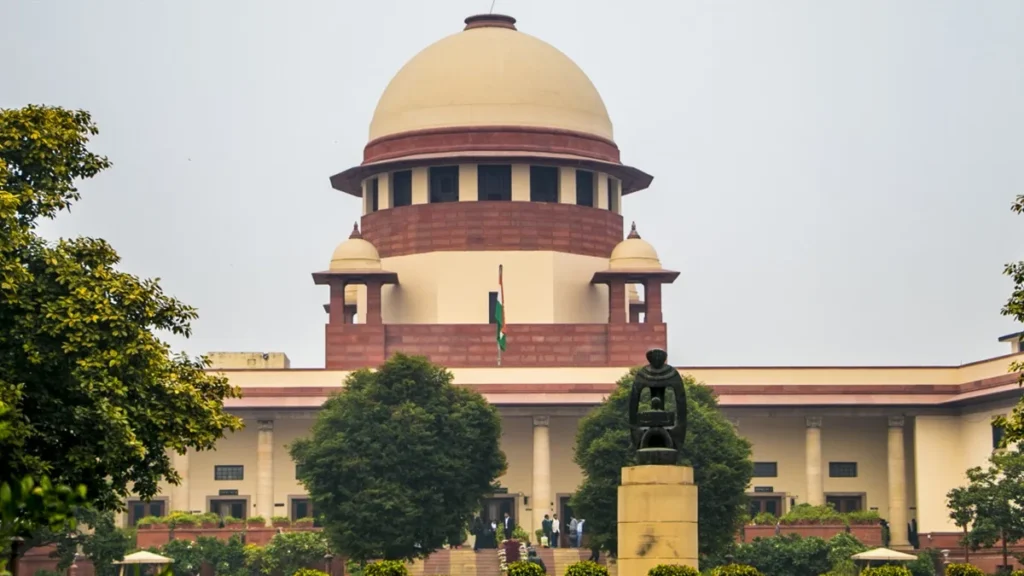New Delhi. During the hearing of Waqf Amendment Act 2025 in the Supreme Court, the Central Government on Wednesday said that even though religious or social work has been being done on government land for decades, no one can claim this land. In front of the bench of CJI BR Gawai and Justice Augustine George Christ, Solicitor General Tushar Mehta, appearing by the Center, quoted an old Supreme Court verdict. In that decision, the Supreme Court had approved the government that even if a government land has been described as Waqf, the government can take back it back.
The Solicitor General said that no party affected by the Waqf Amendment Act has filed a petition in the Supreme Court and there is no question of encroachment of Parliament in this matter. Tushar Mehta argued in front of the Supreme Court bench on behalf of the Central Government that the Waqf Amendment Act has been passed by consulting the state governments and Waqf boards. He said that the Joint Parliamentary Committee i.e. JPC also looked at the Waqf Amendment Bill. Those who filed petitions against the Waqf Amendment Act say that the senior officer from the District Collector should have the right to see whether the land is government or Waqf. The Solicitor General dismissed it, saying that this argument is wrong and also causing confusion.
The Central Government has requested the Supreme Court to focus on three important questions in the case of Waqf Amendment Act 2025. The first is whether the government can remove this situation of the land which was described as Waqf through the order of the court, the order or the deed of the court? Who can live in Waqf boards and Waqf Council and whether only Muslims have this right? Thirdly, if the collector’s investigation says that the land is government, will it not remain a waqf? The Central Government has said in a written reply in the Supreme Court that Waqf is a secular legal concept. The central government has argued in a written reply that the law cannot be banned until the constitutional validity is challenged. The Center has said that it is an established situation that the court does not stop the statutory provisions until a clear case is made. The special thing is that the CJI also said during the hearing on Tuesday that the laws passing from Parliament are constitutional and unless there is clear evidence against it, the court cannot intervene.
